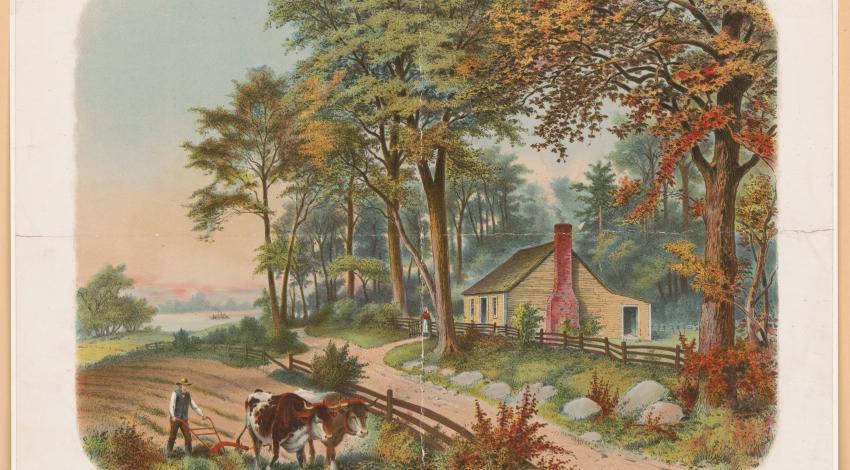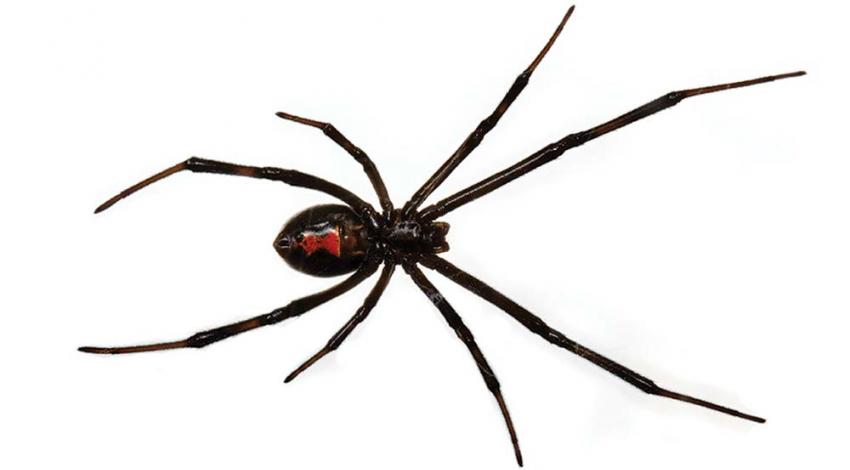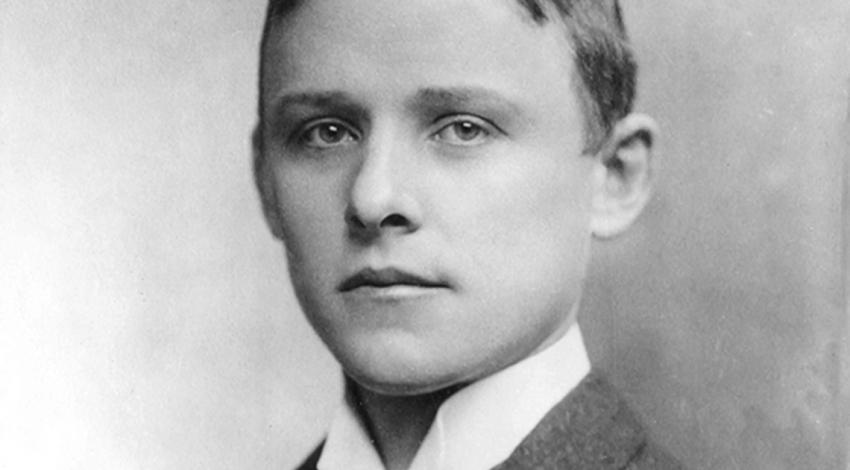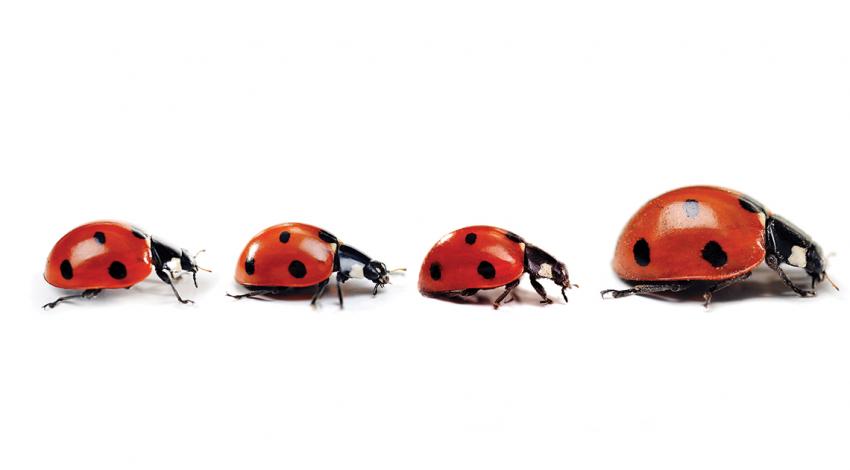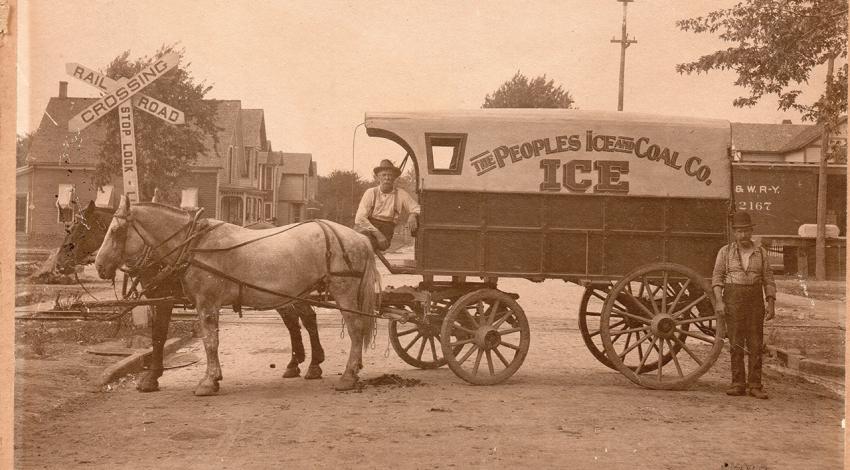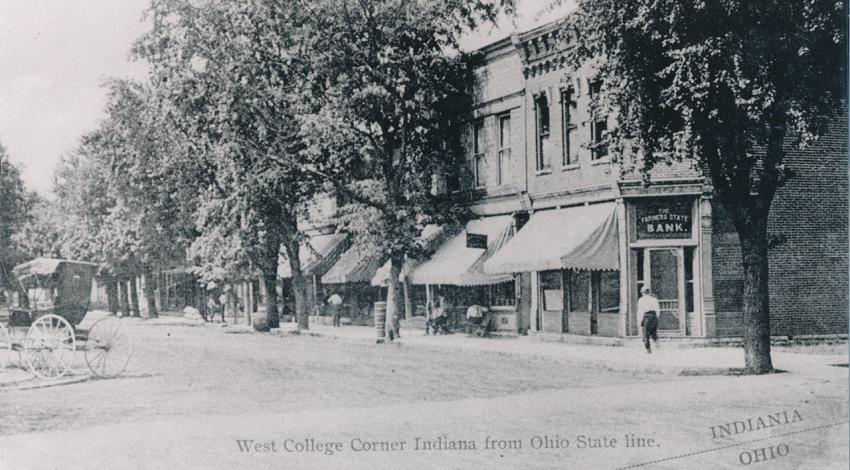An Ohio map reads like an autobiography.
Four Mile Creek, for example, rises in the uplands along the Indiana-Ohio state line, picking up the waters of small rills and runs and seeps. It bumps into glacial moraines and purls through pastoral farmsteads on its downhill destiny with the Great Miami River — by which time it has become a substantial stream. Its placid form and lyrical name belie the fact it was born from warfare.
